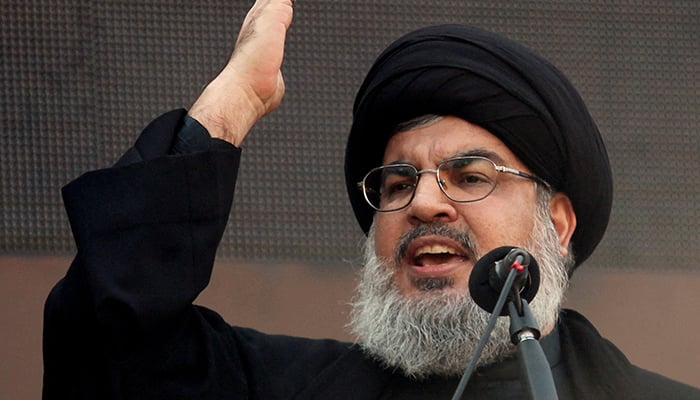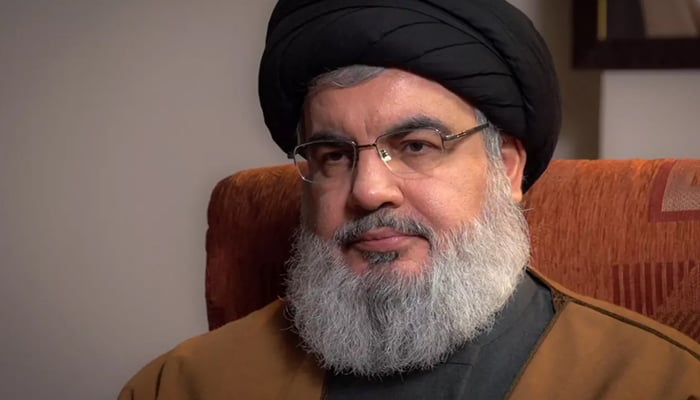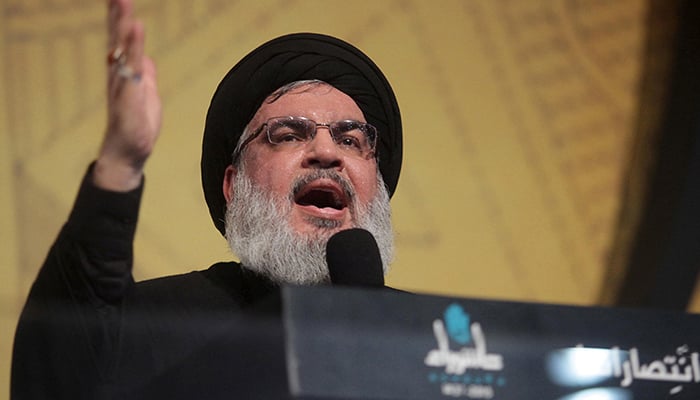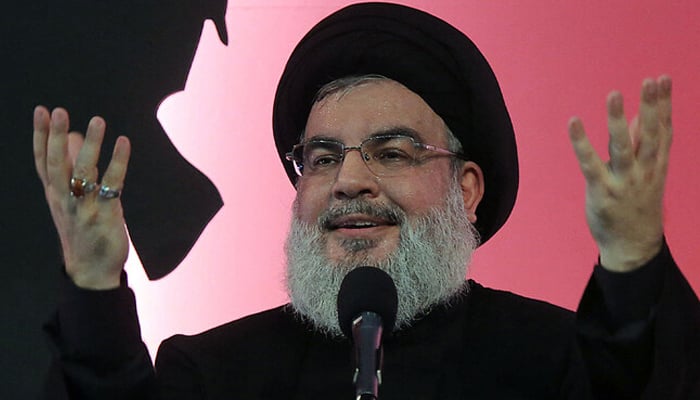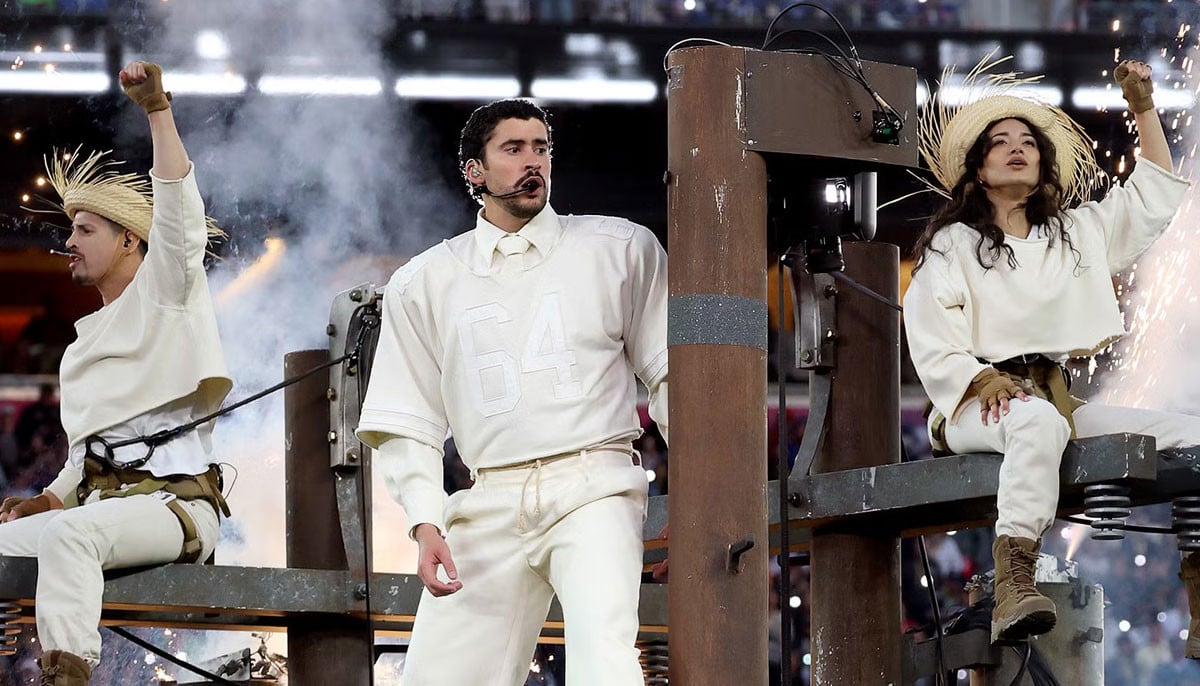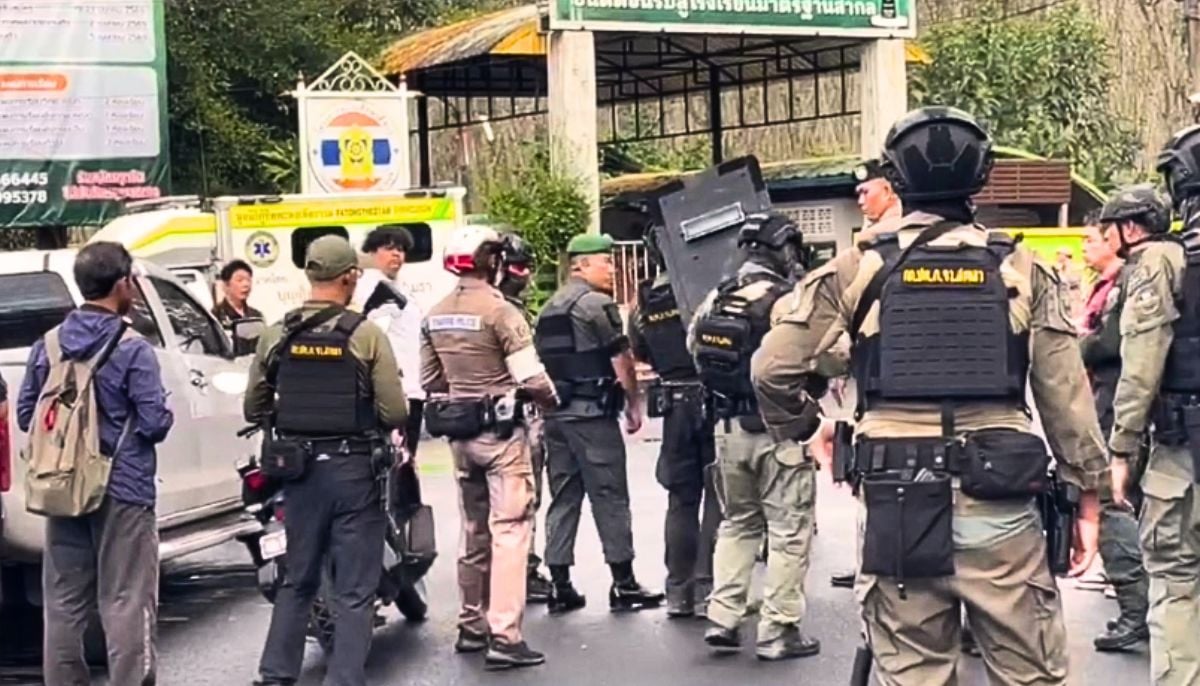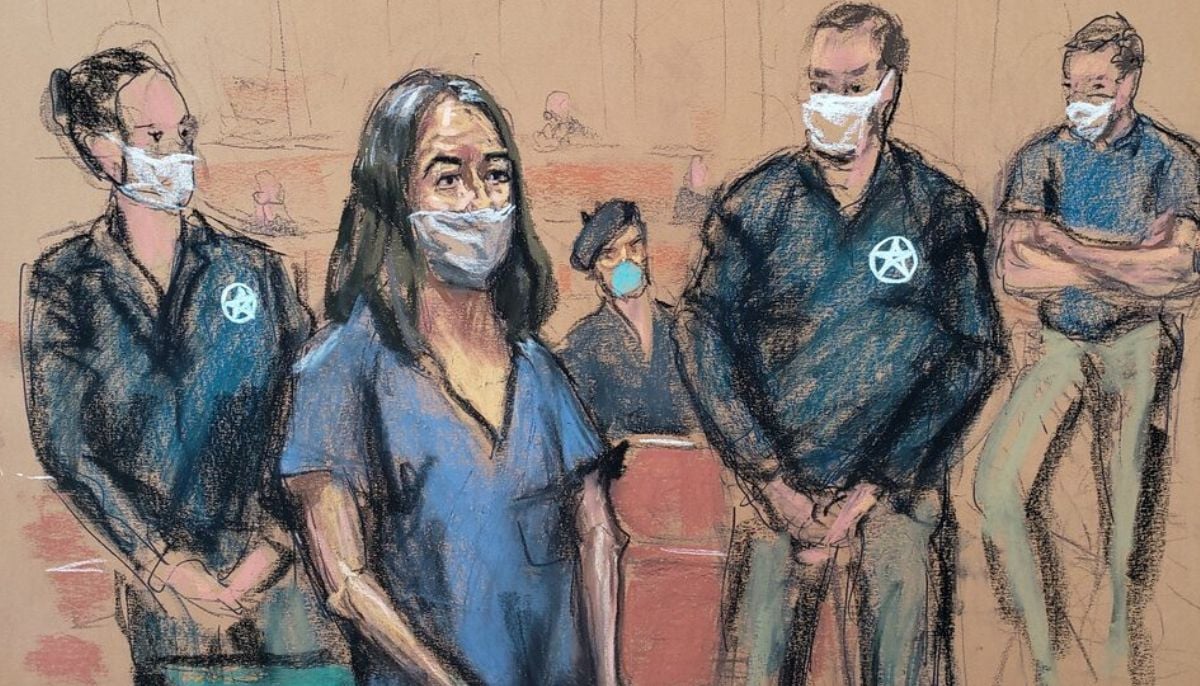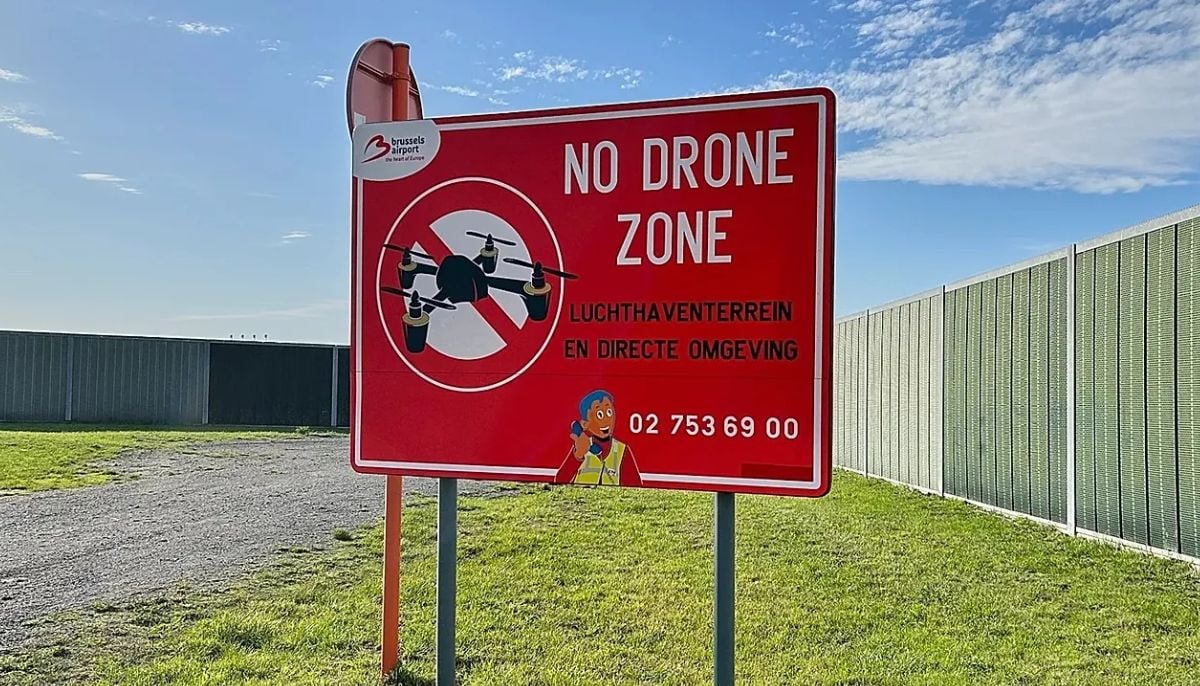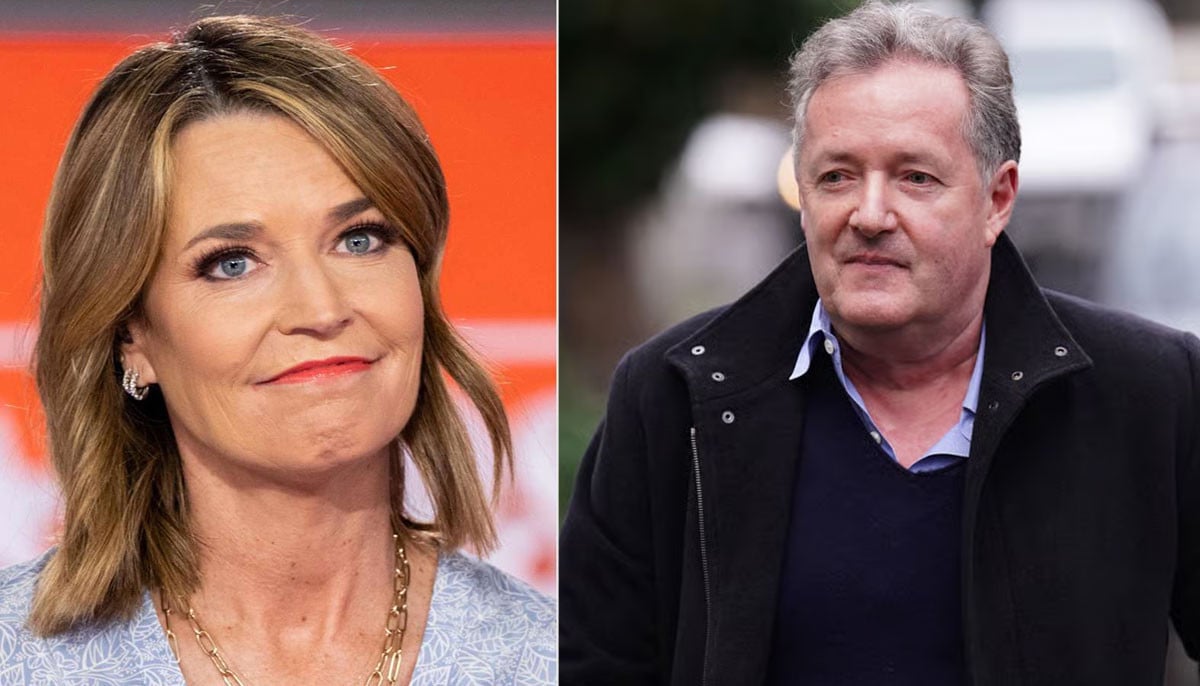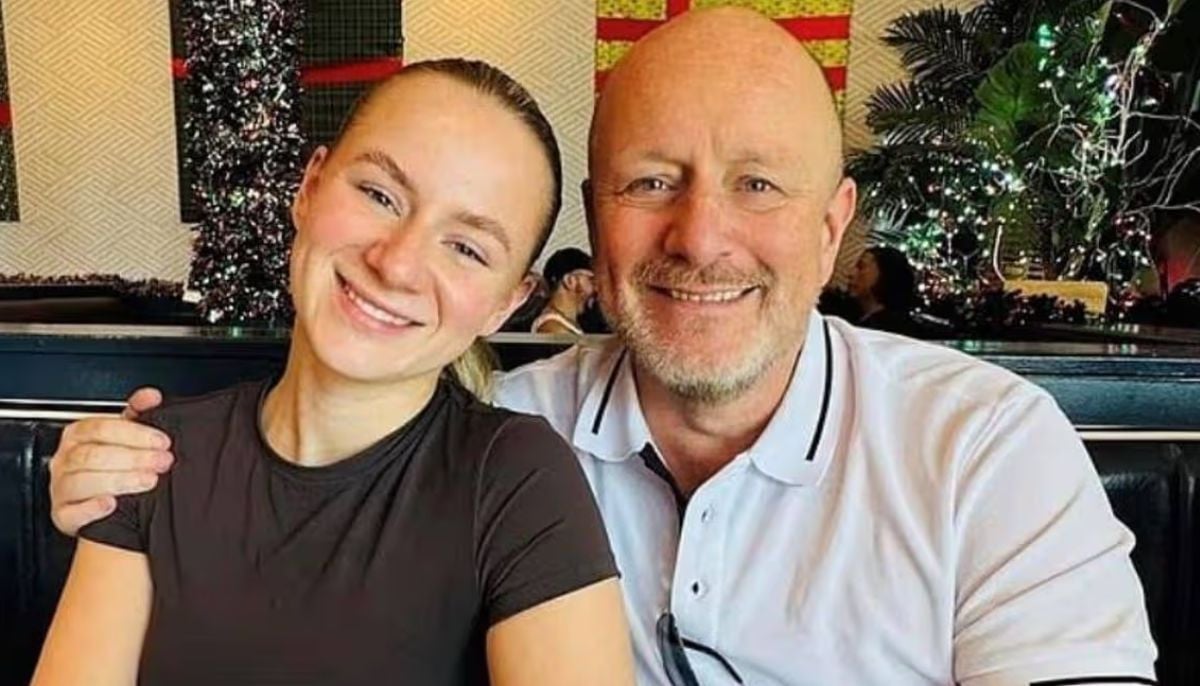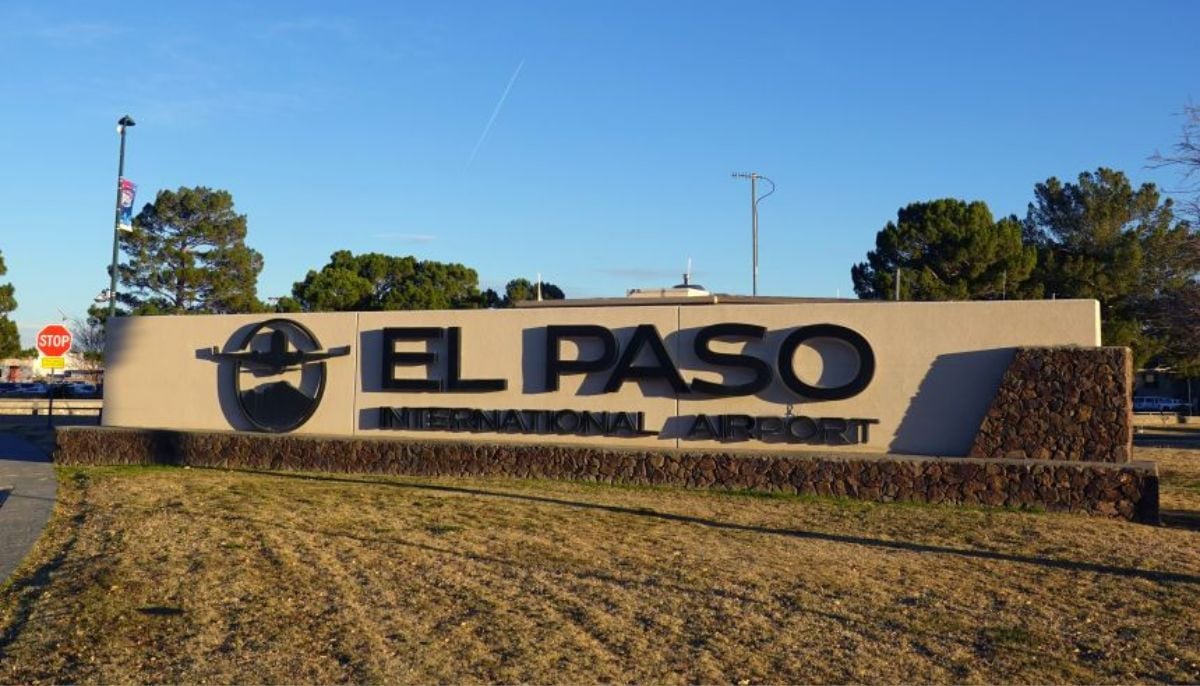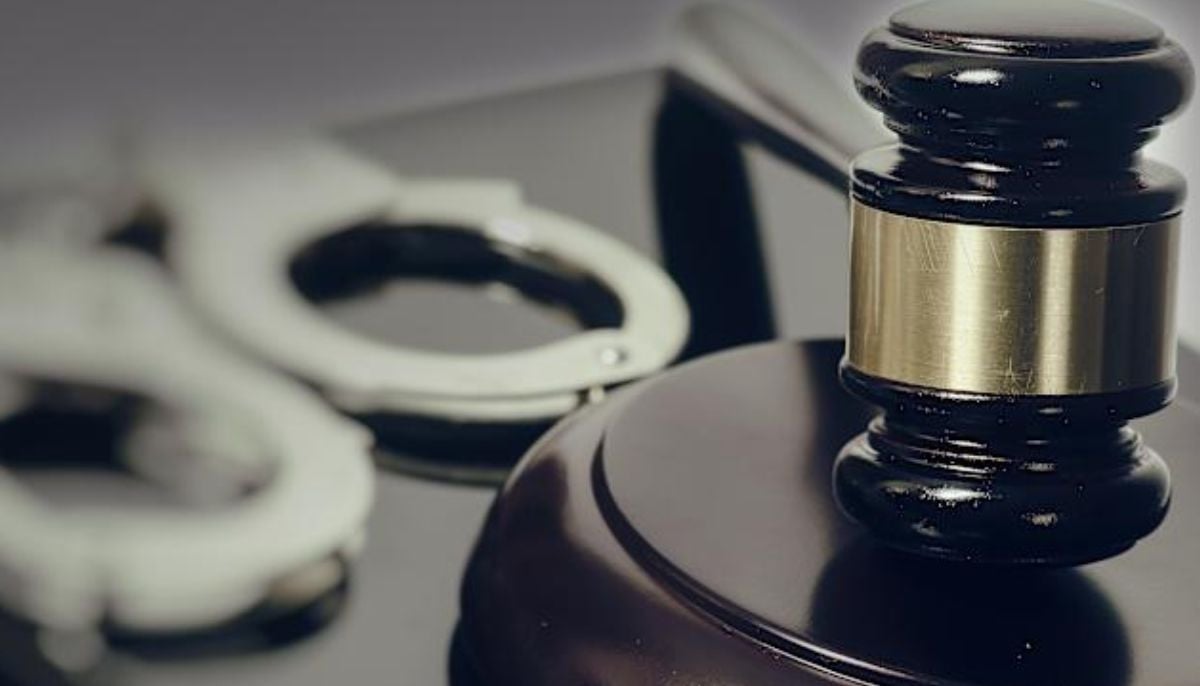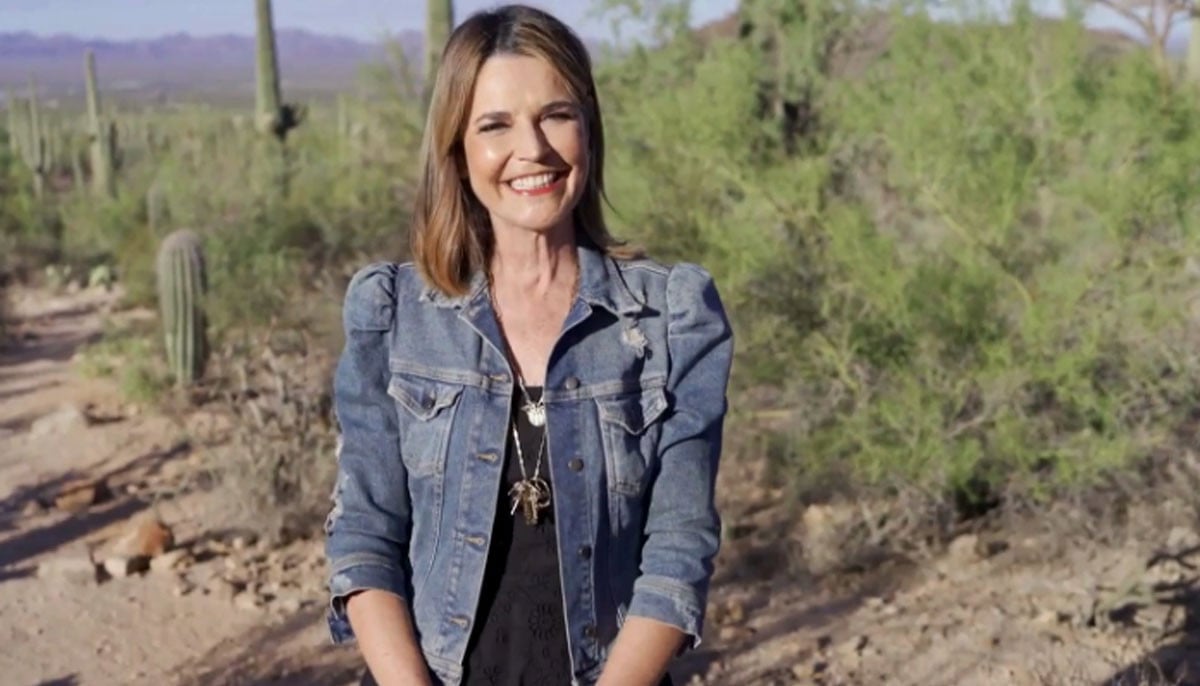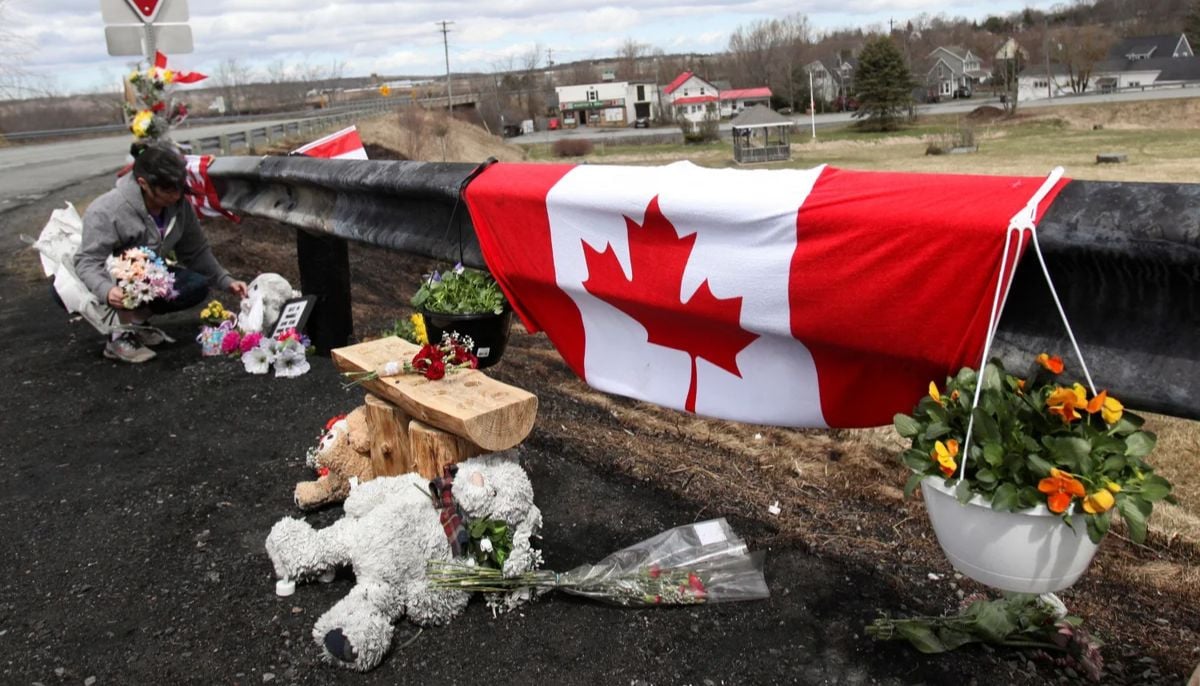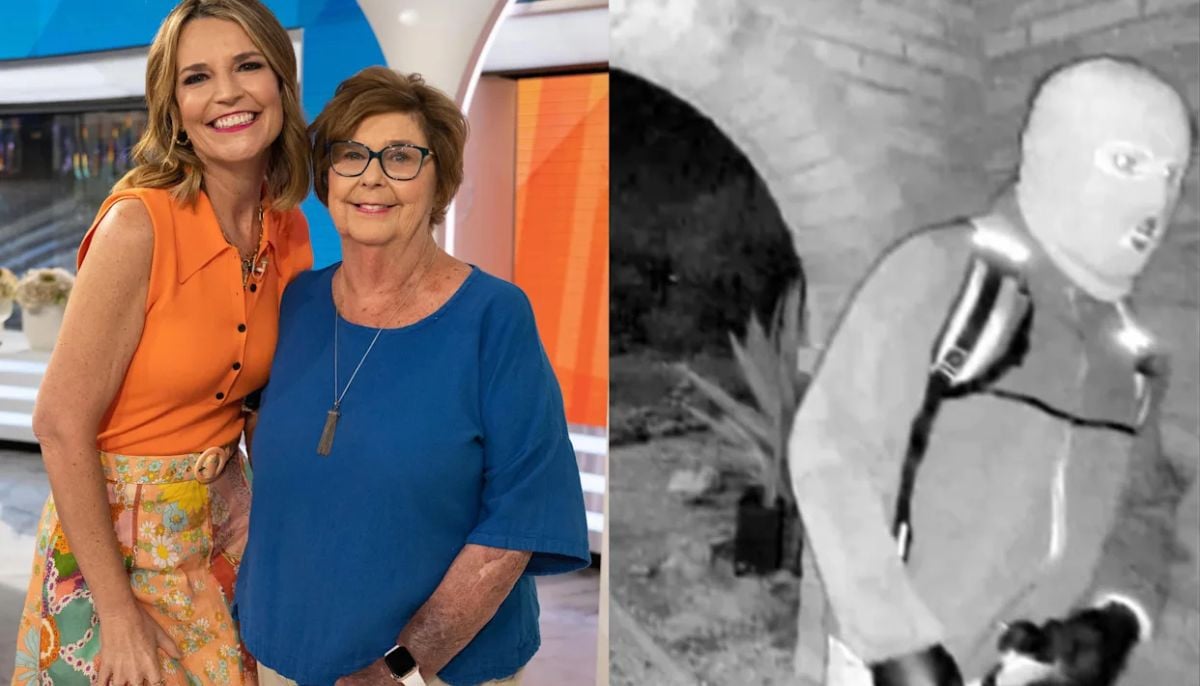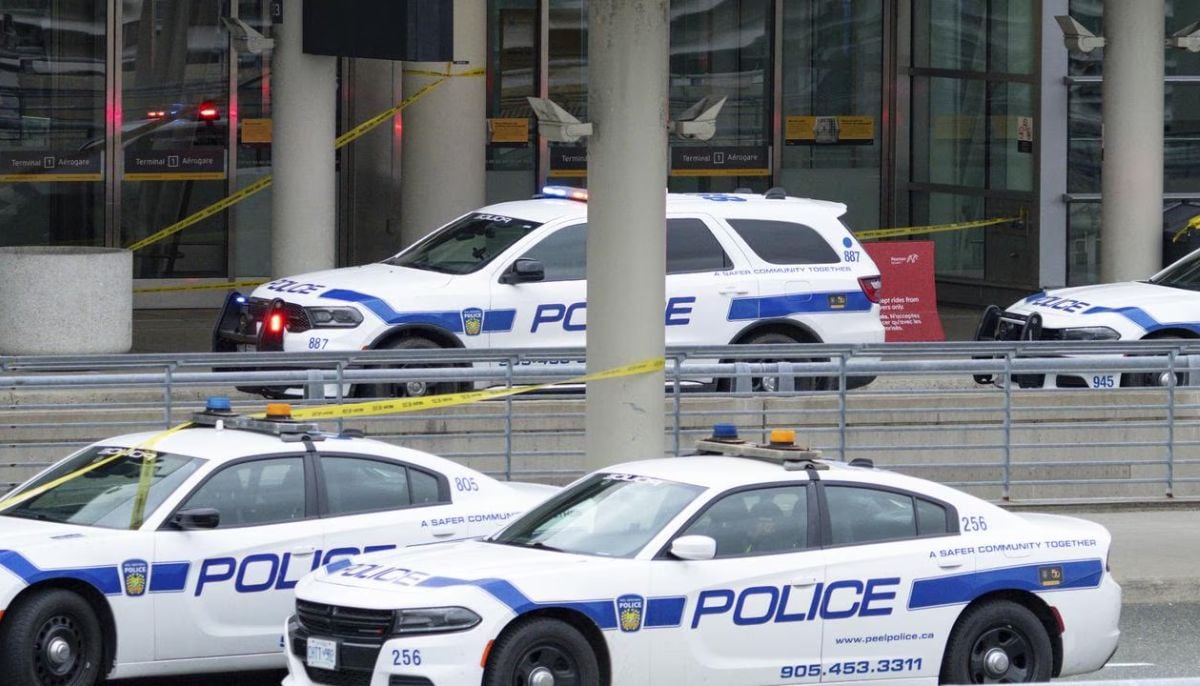Who was Hezbollah's chief, Hassan Nasrallah?
Nasrallah became chief of Hezbollah in 1992, led group to end Israel's 18-year occupation of southern Lebanon
Lebanon's Hezbollah movement has been a powerful domestic and regional force, politically and militarily, but the group's confirmation on Saturday of its leader's killing marks an unprecedented blow.
Born in 1960, Hassan Nasrallah was raised in the Lebanese neighbourhood of Bourj Hammoud in Beirut and became the key force in turning the Hezbollah group into the political and fighter group it is today.
Nasrallah climbed through the ranks of the group and became Hezbollah's secretary general in 1992 at the age of 35. His group was once a shadow founded by Iran's Revolutionary Guards in 1982 to fight the occupation of Israeli forces.
Israel killed his predecessor, Sayyed Abbas al-Musawi, in a helicopter attack. Nasrallah led Hezbollah when its guerrillas finally drove Israeli forces from southern Lebanon in 2000, ending an 18-year occupation.
Since his acceptance of the role, Hezbollah helped train fighters from the Palestinian resistance group, Hamas as well as fighters in Iraq and Yemen. The group obtained missiles and rockets from Iran to use against Israel, as per BBC.
Nasrallah will be remembered among his supporters for standing up to Israel and defying the United States. He was a revered leader as well as a freedom and occupation fighter.
His regional influence has been on display over nearly a year of conflict ignited by Israel’s offense on Gaza, as Hezbollah entered the fray by firing on Israel from southern Lebanon in support of its Palestinian ally Hamas, and Yemeni and Iraqi groups followed suit, operating under the umbrella of "The Axis of Resistance".
"We are facing a great battle," Nasrallah said in an August 1 speech at the funeral of Hezbollah's top military commander, Fuad Shukr, who was killed in an Israeli strike on the Hezbollah-controlled southern suburbs of Beirut.
Yet when thousands of Hezbollah members were injured and dozens killed, when their communications devices exploded in an apparent Israeli attack last week, that battle began to turn against his group.
Responding to the attacks on Hezbollah's communications network in a September 19 speech, Nasrallah vowed to punish Israel.
"This is a reckoning that will come, its nature, its size, how and where? This is certainly what we will keep to ourselves and in the narrowest circle even within ourselves," he said.
He had not given a broadcast address since then.
Israel has meanwhile dramatically escalated its attacks, killing several senior Hezbollah commanders in targeted strikes and unleashing a massive bombardment in Hezbollah-controlled areas of Lebanon, which has killed hundreds of people.
Recognised even by his enemies as a skilled orator, Nasrallah's speeches are followed by friend and foe alike.
Nasrallah used his addresses to rally Hezbollah's base but also to deliver carefully calibrated threats, often wagging his finger as he did so.
Divine victory
Conflict with Israel had largely defined his leadership. He declared "Divine Victory" in 2006 after Hezbollah waged 34 days of war with Israel, winning the respect of many ordinary Arabs who had grown up watching Israel defeat their armies.
But he became an increasingly divisive figure in Lebanon and the wider Arab world as Hezbollah's area of operations widened to Syria and beyond, reflecting an intensifying conflict between Iran and US-allied Arab monarchies in the Gulf.
At home, Nasrallah's critics said Hezbollah's regional adventurism imposed an unbearable price on Lebanon, leading once friendly Gulf Arabs to shun the country — a factor that contributed to its 2019 financial collapse.
In the years following the 2006 war, Nasrallah walked a tightrope over a new conflict with Israel, hoarding Iranian rockets in a carefully measured contest of threat and counter threat.
Israel’s attack on Gaza, Palestine, prompted Hezbollah's worst conflict with Israel since 2006, costing the group hundreds of its fighters including top commanders.
After years of entanglements elsewhere, the conflict put renewed focus on Hezbollah's historic struggle with Israel.
"We are here paying the price for our front of support for Gaza, and for the Palestinian people, and our adoption of the Palestinian cause," Nasrallah said in the August 1 speech.
Before leading the group, he used to spend nights with frontline guerrillas fighting Israel's occupying army. His teenage son, Hadi, died in battle in 1997.
Powerful enemies
He had a track record of threatening powerful enemies.
As regional tensions escalated after the eruption of the Gaza war, Nasrallah issued a thinly veiled warning to US warships in the Mediterranean, telling them: "We have prepared for the fleets with which you threaten us."
In 2020, Nasrallah vowed that US soldiers would leave the region in coffins after Iranian general Qassem Soleimani was killed in a US drone strike in Iraq.
He expressed fierce opposition to Saudi Arabia over its armed intervention in Yemen, where, with US and other allied support, Riyadh sought to roll back the Houthis.
As regional tensions rose in 2019 following an attack on Saudi oil facilities, he said Saudi Arabia and the United Arab Emirates should halt the Yemen war to protect themselves.
-
Nancy Guthrie abduction: Piers Morgan reacts to 'massive breakthrough' in baffling case
-
Texas father guns down daughter after heated Trump argument
-
FAA shuts down El Paso Airport, flights suspended for 10 days: Here’s why
-
Teacher abused children worldwide for 55 years, kept USB log of assaults
-
Savannah Guthrie expresses fresh hope as person detained for questioning over kidnapping of Nancy
-
Tumbler Ridge school shooting among Canada’s deadliest — Here’s where it ranks
-
Suspect detained as authorities probe Nancy Guthrie’s abduction
-
Tumbler Ridge tragedy: Nine killed, 25 injured after school shooting in British Columbia
